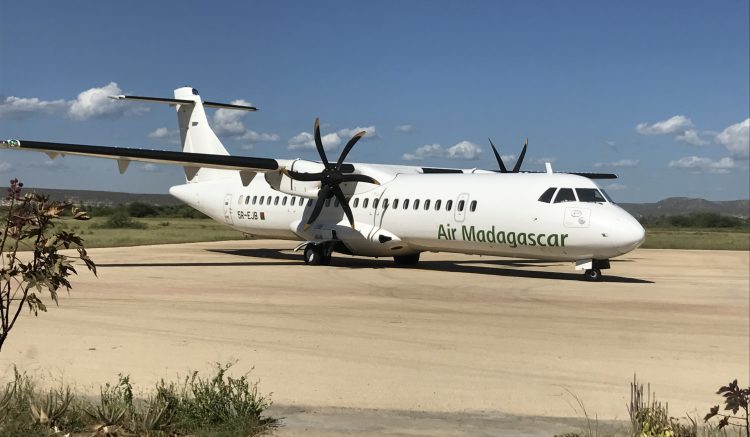Whether you are a new traveller or a seasoned traveller, planning a trip can invoke a mixture of excitement and anxiety. Where should you start? Many people start with a travel guide or websites, searching for the top 10 places to visit chosen by other people. In contrast, I recommend a different first step before you dive into travel planning. Blame it on my management coaching training, combined with extensive travel experience! As a first step, I would encourage you to learn HOW to travel, not WHAT to do. This will be something personal to you!
Why not to rely solely on travel guides
Let me explain what I mean. To start with, we are all individuals and we all have different interests and tastes. So, why would we trust a complete stranger to plan out our trip? This is not to say that you should not use travel guides and reviews at all. However, they should be used as guides and not checklists.
For example, when friends and family ask me for travel recommendations, I am flattered, but I sometimes hesitate. This is because I know many of them have different tastes and expectations than I do. For example, regarding accommodation, I may choose a more basic place than most people I know. As long as I have a clean, safe place to sleep I usually don’t choose a fancy hotel. In fact, I often prefer cosy, family-run places, as I find that I meet interesting people and learn more about the area.
Another example is food selection. I am a food explorer and will try anything once (even snakes and insects!). In fact, for me that is part of the main joy of travelling to other countries. However, I also know that some people are less adventurous with their tastes, so they may want to spend their time (and budget) elsewhere.
These examples are meant to support my suggestion that each person should take an active role in choosing experiences that suit them. Indeed, this means some time investment for research, and assessing guides, advice, and reviews through your own filter. By filter, I am referring to your own, personal travel mindset.
How to create your own travel mindset
The first question to ask yourself is what do you like to do when you travel. You might say that this is a simple (and maybe unnecessary) question. But how often have you considered it before being swept away in travel planning? I travelled many times before I seriously thought about this question. And now, I can definitely say that I enjoy my travels so much more, since I clearly defined my travel mindset. I won’t give you a comprehensive checklist, but I will give you some examples below. Essentially, this step can be accomplished by taking some time to think and reflect. And most importantly, be honest with yourself.
Ask yourself what you are looking for with these considerations:
- Is this a bucket list accomplishment?
- Why is this trip important to you?
- What would make the trip a success for you?
- Schedule or play it by ear
- Ease of travel (e.g. visa requirements)
- Independent, guided travel or a combination?
- Cultural differences, interesting or not?
- Type of destination- city, village, beach, desert, mountains?
- Famous sights or natural beauty?
- Relaxation or adventure?
- Exotic local food or familiar choices?
- Basic or luxury?
- Is language a barrier? Hopefully not these days- see Google translate
- Preferred mode of transport
- Type of activities
- Level of risk for personal safety
- Budget
- Weather
- Religious beliefs
- Access to wifi or disconnection?
These are just a few elements of travel to consider before you start your planning, and you may think of other factors as well. Hopefully, you will now have a good idea about what is important to you to make your travel a success.
Also, you may notice that I did not add predictable vs unpredictable. In fact, I believe that travel can never be completely predictable, so coming to terms with that concept is critical. You can complain and protest, but that usually won’t change much. So be prepared for it! Flights get delayed or cancelled, hotels get over-booked, attractions can be closed unexpectedly, or your trip may even be cut short by a global pandemic… These may be inconvenient, but they don’t mean that you need to give up your travel enjoyment completely. Do what you need to do to enable yourself to adapt to changes in your plans. Perhaps that means having some back-up plans or options in mind before you leave.
Some people may ask if your travel mindset can change over time? Absolutely! You should check in on your travel mindset regularly, as so many factors can affect it. For example, finances, previous travel experiences, who you are traveling with, current interests, health status and more.
Now that you have your (current) travel mindset in focus, a future post will focus on how to start your research for a trip!
